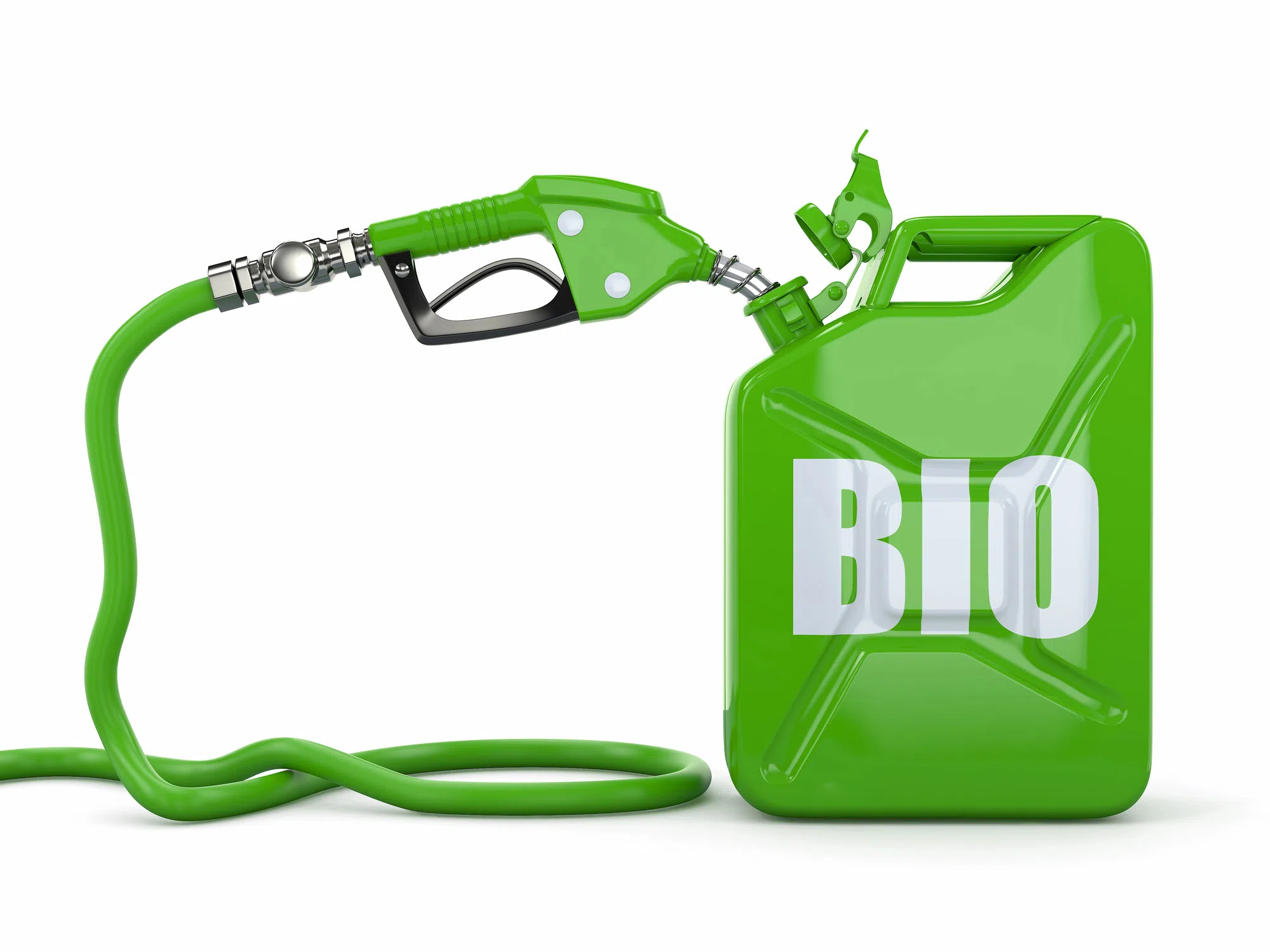Congresswoman Michelle Fischbach (MN-07) and several of her colleagues on the U.S. House Ways and Means Committee released a request for information from relevant stakeholders on biofuel tax policy.
Public Law 117-169, enacted in 2022, made significant modifications to biofuel tax policy without any Republican input. With unified Republican government in Washington, the House Ways and Means Committee is seeking feedback from stakeholders on how these provisions could be improved to support domestic energy production and rural economic development.
This request for information is a follow-up to the House Ways and Means Tax Team submission deadline of October 15th. The Supply Chains and Rural America Tax Teams are leading this effort to gather additional information on biofuel tax policy specifically.
“I am proud to represent biofuel producers across western Minnesota, and I am proud to help lead this effort with Republican members of the Ways and Means Committee,” said Rep. Michelle Fischbach. “As a Vice Chair of the Rural America Tax Team and a member of the Supply Chains Tax Team, I know that this invitation for dialogue with stakeholders is incredibly important. When our Democrat colleagues rammed through their changes to biofuels tax credits, they left the industry with disappointing timelines and unworkable regulations. Our rural communities deserve a meaningful seat at the table when Congress makes discussions that directly impact them. This Request For Information will help give them a voice.”
“Biofuels are a major economic engine in Iowa and across the Midwest, and our tax policies should help this important industry to Rural America thrive. Although Republicans represent most of America’s rural districts and agricultural producers, the revisions in 2022 made significant changes to biofuel tax policy without any Republican input,” said Rep. Randy Feenstra. “That’s why several of my colleagues on the House Ways and Means Committee and I are requesting information from our biofuel producers, farmers, and relevant stakeholders to improve these tax provisions to support domestic energy production and rural economic growth. For example, we need to ensure that farmers have flexibility on the agricultural practices that they implement to qualify for the clean-fuel production tax credit. I look forward to reviewing the input we receive and building upon the work of the Ways and Means Tax Teams.”
The request for information can be found HERE.





Comments